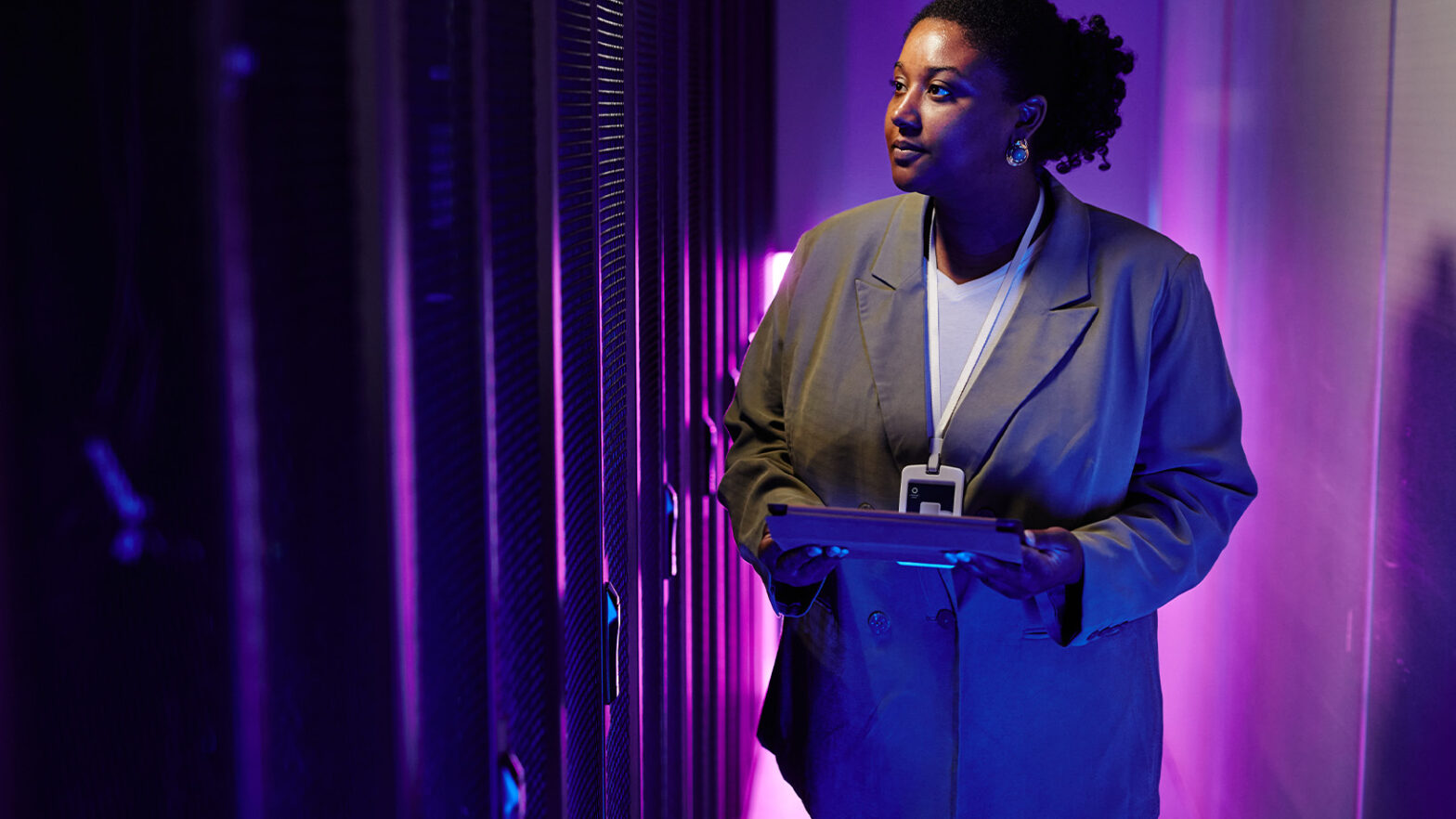
The evolution of retail: How technology is transforming the retail industry
The impact of technology on the retail market over the past two decades has been transformative. E-commerce, social media, data analytics and personalisation technologies have all contributed to a dynamic and evolving retail landscape. As technology continues to advance, the retail sector will undoubtedly continue to innovate, offering even more personalised, efficient, and sustainable shopping experiences. In this article we look at some of the key retail technology innovations over the last 20 years and some predictions for the future.
The rise of E-Commerce
The most significant change in the retail landscape has been the rise of e-commerce. Companies like Amazon, eBay and ASOS have revolutionised shopping by making it possible for consumers to purchase goods from the comfort of their homes. The convenience of online shopping, combined with the ability to compare prices and read reviews, has resulted in a shift in consumer behaviour away from traditional brick-and-mortar shops.
Mobile technology
The proliferation of mobile technology has further accelerated the e-commerce trend, with smartphones and tablets enabling consumers to shop on-the-go. Retailers have responded by developing mobile-friendly websites and apps, optimising the shopping experience for smaller screens and fewer clicks.
Social media and influencer marketing
Over the past ten years platforms like Instagram, Facebook, and TikTok have become powerful marketing tools, allowing retailers to reach a vast audience, and social media companies are beginning to venture into the e-commerce space with TikTok’s in-app shopping feature, the TikTok Shop, reporting revenue of approximately $4.4 billion in 2023.
Data analytics and personalization
Data analytics has become a cornerstone of modern retail. Through the use of algorithms and machine learning, businesses can predict consumer preferences and tailor recommendations allowing retailers to offer more personalised shopping experiences.
Predictions for the future
Omnichannel strategies
Advancements in technology will further blur the lines between physical and digital retail. Omnichannel strategies, which integrate online and offline experiences, will become the norm and retailers will seek to leverage technology to create seamless shopping experiences, allowing customers to browse, purchase, and return products through multiple channels. Processes will become more sophisticated, incorporating real-time inventory management and more personalised recommendations.
Artificial intelligence and automation
Artificial intelligence (AI) and automation are already present in the retail sector with chatbots replacing traditional customer service call-centres. In the future we will see an increase in the use of automation and machine learning (ML), with AI and virtual assistants enhancing customer service, providing instant support and product recommendations.
In-store AI will also be used to optimise layouts and product placements based on shopping patterns and to improve the overall shopping experience and boosting sales.
There will also be a greater expansion of automation into logistics and supply chain management. Automated warehouses, equipped with robots and drones, will streamline the process of sorting, packing, and shipping products will continue to further enhance efficiency and allow for faster delivery times, improvements in efficiency and reduced waste.
Augmented reality and virtual reality
Augmented Reality (AR) and Virtual Reality (VR) technologies will continue to enhance both the online and in-store shopping experience, for example AR will allow customers to visualise products in their home before making a purchase.
VR technology will also offer immersive shopping experiences with virtual shops enabling customers to explore products in a virtual space. This technology could be particularly useful for fashion retailers, where customers can virtually try on clothes and accessories, reducing the need for physical fitting rooms and returns.
Sustainability, ethical retailing and supply chain transparency
Technology will also drive advancements in sustainable and ethical retailing. Innovations in materials science and production processes will enable retailers to offer more eco-friendly products. Additionally, digital platforms will facilitate the growth of the circular economy, promoting resale, rental, and recycling of products.
Blockchain technology promises to increase transparency and efficiency in the retail supply chain. By providing a decentralised and immutable ledger, blockchain can track products from production to sale, ensuring authenticity and ethical sourcing and enabling retails to provide customers with more detailed information about product origins, manufacturing processes, and environmental impact.
Conclusion
The retail landscape has been transformed over the past 20 years and as technology continues to advance, the retail sector will undoubtedly continue to innovate, offering even more personalised, efficient, and sustainable shopping experiences. The future of retail is bright, and retailers that embrace technological advancements will be well-positioned to thrive in the evolving market landscape.
Contact our expert retail and leisure team for further help and advice.
Talk to us about
Related services
Related sectors





 Download PDF
Download PDF
